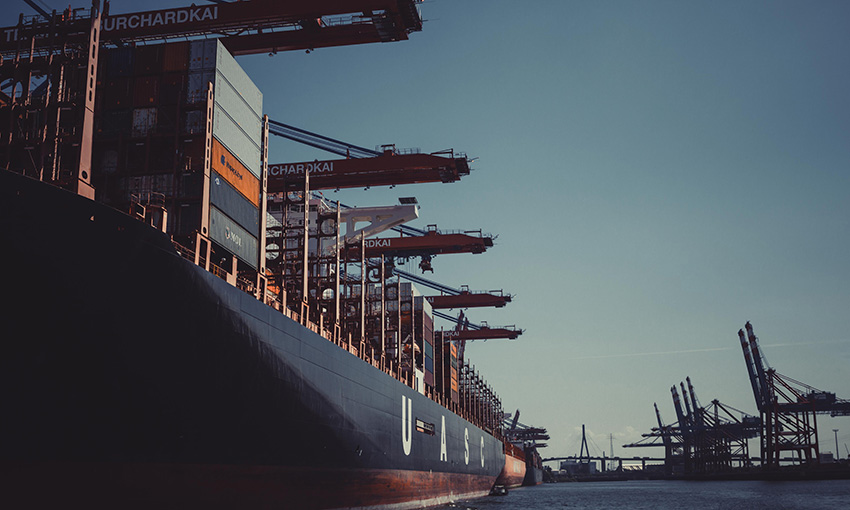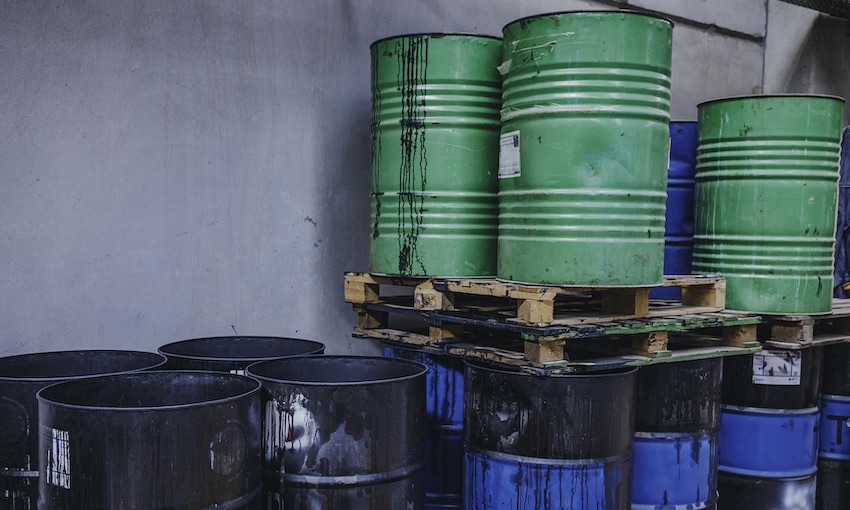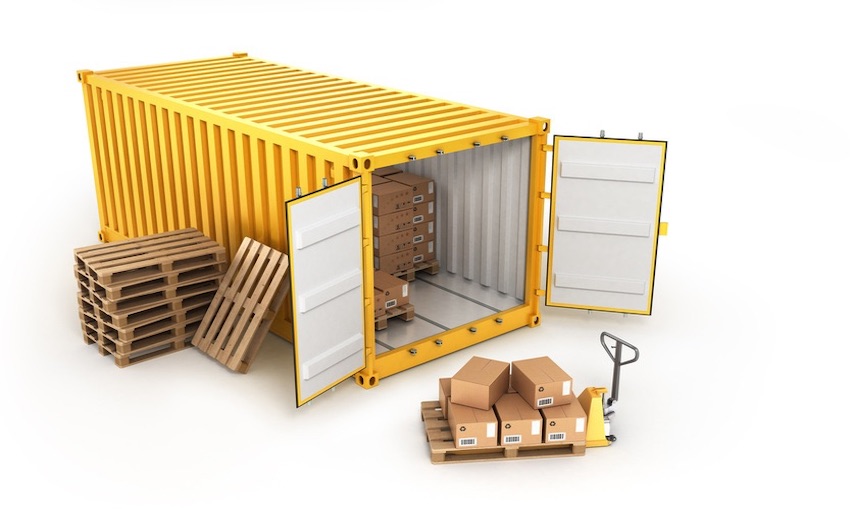THE original five partners of the Cargo Integrity Group have welcomed the Bureau International des Containers (BIC) and the International Federation of Freight Forwarders Associations (FIATA), strengthening the group in its efforts to improve safety in the global supply chain.
The Cargo Integrity Group brings together international freight transport and cargo handling organisations with different roles in the supply chain, to improve safety, security and environmental performance.
BIC and FIATA bring complementary perspectives, resources and networks to the group, further deepening its competence and scope. Both organisations have already worked closely with the Cargo Integrity Group and will directly contribute to faster and more effective progress in reducing incidents, accidents, and biosecurity issues in the international supply chain.
FIATA director general Dr Stéphane Graber said,“By joining the group, FIATA reaffirms its commitment to improving the safety and security of sea freight in the best interest of its customers.
“FIATA is a key component in reaching out to the end customer and making a difference in the implementation of the CIG’s work, while bringing strong safety and security expertise through the collaboration of its WG Sea and Advisory Body Safety Security,” he said.
Douglas Owen, secretary general of BIC said, “With safety and sustainability at the very core of BIC’s mission, topics like cargo safety, proper declarations and the avoidance of pest contamination are clearly of high interest to us.
“We’ve been supporting the promotion of the CTU code in communications both with our members and externally since it was first published, and most recently sponsored one of the CTU Quick Guide translations.”
Dedicated to improving the safety, security and environmental performance throughout the logistics supply chain, the Cargo Integrity Group will continue its efforts in is chosen focus areas:
• Collaborating with other industry and governmental stakeholders in promoting awareness and better understanding of safe cargo packing and handling practices such as the CTU Code.
• Working to improve regulatory requirements such as the International Maritime Dangerous Goods Code.
• Working for strengthened cargo screening processes and more effective container
inspection regimes.



